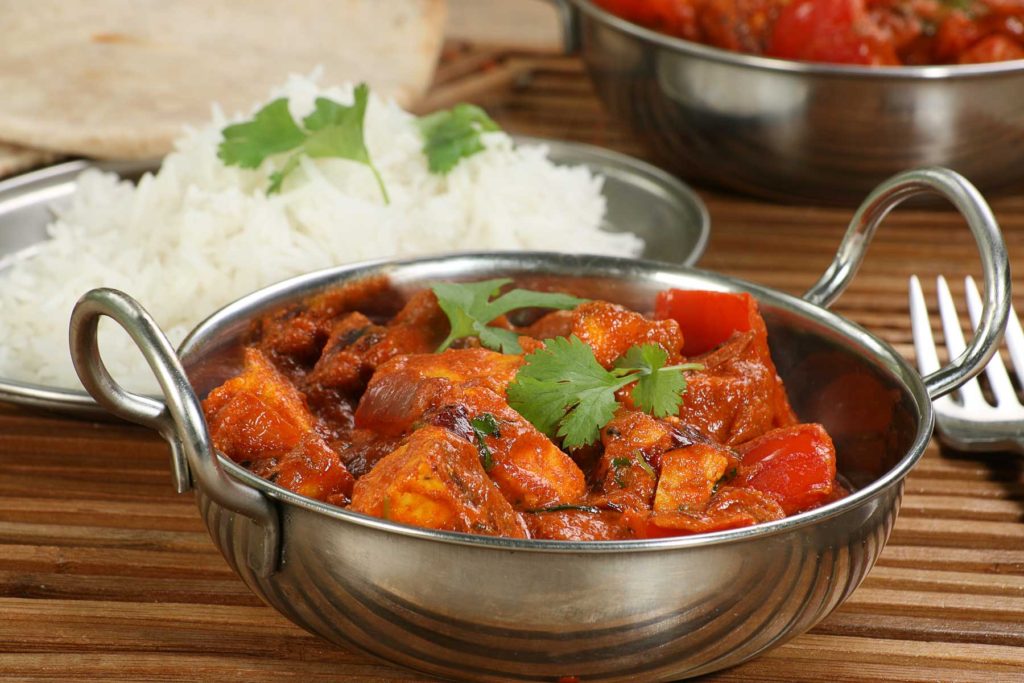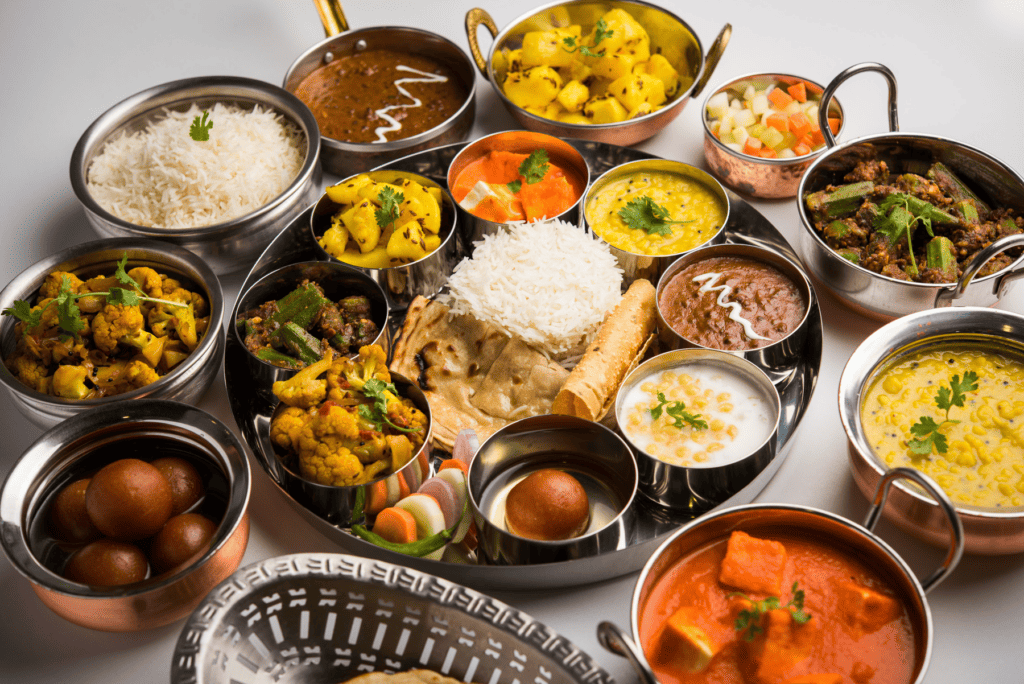South Indian cuisine is renowned worldwide for its vibrant flavours, aromatic spices, and diverse range of dishes. From the crispy dosas to the hearty sambar, South Indian food offers a culinary experience like no other.
In this article, we delve into the fascinating world of South Indian cuisine, exploring its rich heritage, health benefits, and mouthwatering delights. Whether you’re a seasoned fan or a curious newcomer, join us as we uncover the treasures of South Indian gastronomy.
Get ready to tantalize your taste buds and discover the wonders of South Indian Cuisine.
Nutrient-Rich Ingredients
South Indian cuisine is renowned for its extensive use of nutrient-rich ingredients, making it a wholesome and satisfying dining choice. One of the staples of South Indian cooking is lentils, which are packed with protein and fibre, essential for a balanced diet. From comforting lentil soups to flavourful lentil-based curries, these legumes add both texture and nutrition to meals.
Moreover, South Indian dishes are often brimming with an assortment of vibrant vegetables, such as spinach, eggplant, and okra. These vegetables not only contribute to the visual appeal of the dishes but also provide an array of vitamins, minerals, and antioxidants essential for maintaining good health.
Another star ingredient in South Indian cuisine is coconut, which is used in various forms including grated, shredded, or as coconut milk. Coconut adds a unique richness and depth of flavour to dishes, while also offering numerous health benefits. Rich in healthy fats and antioxidants, coconut is believed to support heart health, improve digestion, and boost the immune system.
Incorporating these nutritious ingredients into South Indian dishes not only enhances their taste but also ensures that every meal is packed with essential nutrients. So, whether you’re indulging in a comforting lentil stew or savouring a coconut-infused curry, rest assured that you’re nourishing your body with the goodness of nutritious South Indian cuisine.
Health Benefits
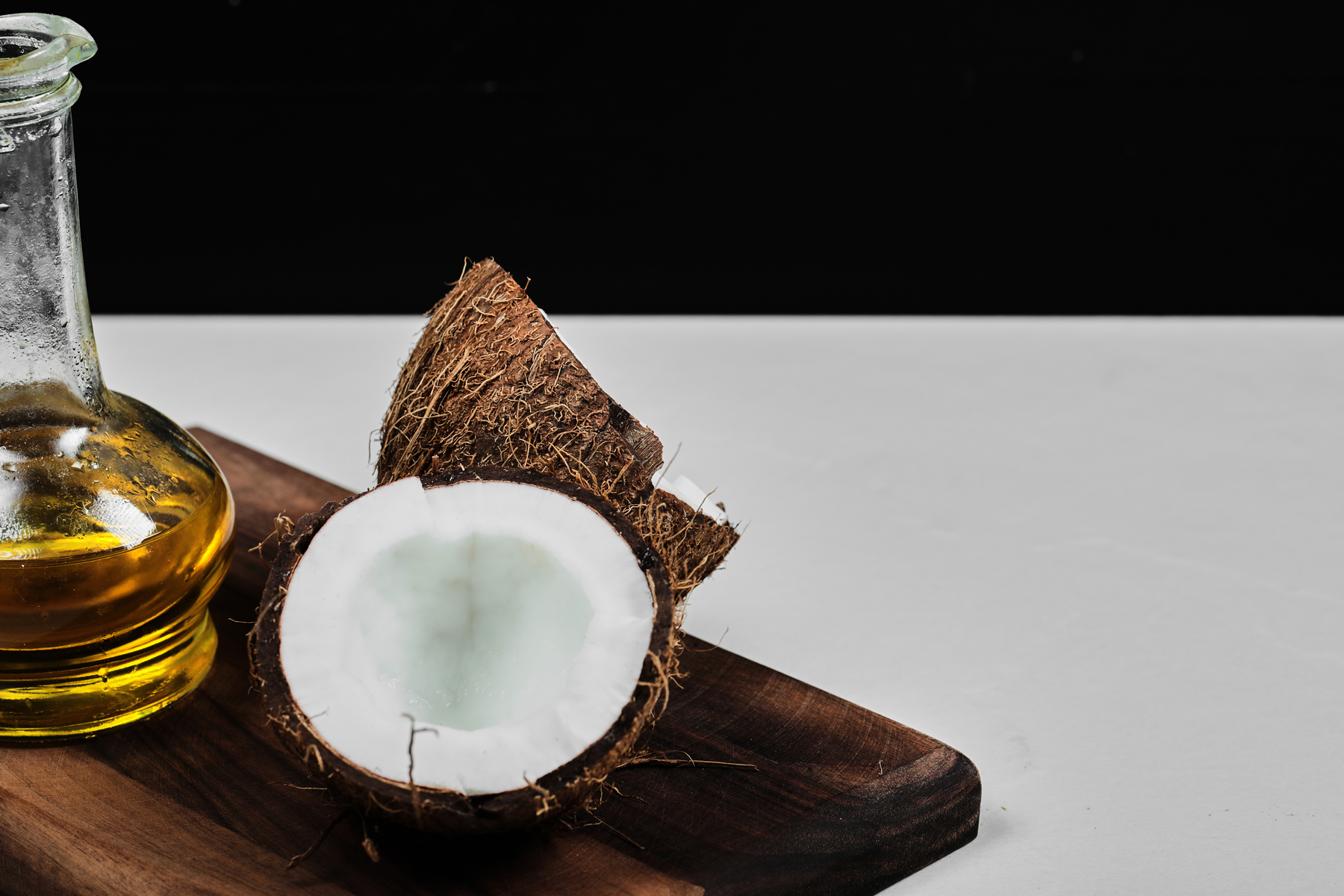
South Indian cuisine offers a myriad of health benefits, making it not only delicious but also nourishing for the body. Let’s explore some of the remarkable advantages it brings to the table.
1. Anti-inflammatory Properties:
Many spices commonly used in South Indian cooking, such as turmeric, ginger, and garlic, possess potent anti-inflammatory properties. These spices have been shown to reduce inflammation in the body, which is linked to various chronic diseases including arthritis, heart disease, and certain cancers.
2. Heart Health:
The incorporation of heart-healthy ingredients like lentils, vegetables, and coconut oil makes South Indian cuisine a boon for cardiovascular health. Lentils are rich in soluble fiber, which helps lower cholesterol levels, while vegetables provide essential vitamins and minerals that support heart function. Additionally, the use of coconut oil, known for its medium-chain fatty acids, may contribute to improved heart health by raising HDL (good) cholesterol levels.
3. Metabolism Boost:
Spices like cumin, coriander, and black pepper, commonly used in South Indian dishes, are known to enhance metabolism and aid in digestion. These spices stimulate the secretion of digestive enzymes, promoting efficient nutrient absorption and metabolism. Moreover, the inclusion of protein-rich lentils and fibre-packed vegetables helps keep blood sugar levels stable, preventing spikes and crashes that can disrupt metabolism.
By incorporating South Indian cuisine into your diet, you can enjoy a delicious way to support your overall health and well-being. With its anti-inflammatory properties, heart-healthy ingredients, and metabolism-boosting spices, South Indian food is not just a treat for the taste buds but also a nourishing feast for the body.
Traditional Cooking Methods

South Indian cuisine boasts a rich culinary heritage that is deeply rooted in traditional cooking methods, resulting in dishes bursting with flavour and nutrition. Let’s explore some of these time-honoured techniques that contribute to the unique taste and health benefits of South Indian food.
1. Fermentation:
Fermentation is a key aspect of South Indian cooking, particularly in the preparation of fermented batters used for making dishes like idli and dosa. Fermentation not only enhances the texture and taste of these dishes but also increases their nutritional value. During fermentation, beneficial bacteria break down carbohydrates and proteins, making them easier to digest and improving the bioavailability of nutrients. This process also produces probiotics, which support gut health and boost the immune system. So, next time you enjoy a fluffy idli or crispy dosa, remember that it’s not just delicious but also beneficial for your gut health.
2. Use of Spices:
Spices play a central role in South Indian cuisine, adding depth, complexity, and aroma to dishes. Turmeric, with its vibrant yellow hue, is a staple spice known for its anti-inflammatory properties and numerous health benefits. It contains curcumin, a compound with potent antioxidant and anti-inflammatory effects, making it a valuable addition to South Indian curries and stews. Similarly, cumin, coriander, and black pepper are commonly used spices that not only enhance the flavour of dishes but also aid digestion and metabolism. These spices are prized not only for their culinary appeal but also for their medicinal properties, making them an integral part of South Indian cooking.
By honouring these traditional cooking methods and embracing the use of spices like turmeric and cumin, South Indian cuisine not only tantalizes the taste buds but also nourishes the body and promotes overall well-being. So, the next time you relish a flavourful South Indian meal, savour the rich tapestry of tradition and health benefits that it brings to the table.
Delicious and Spicy Dishes
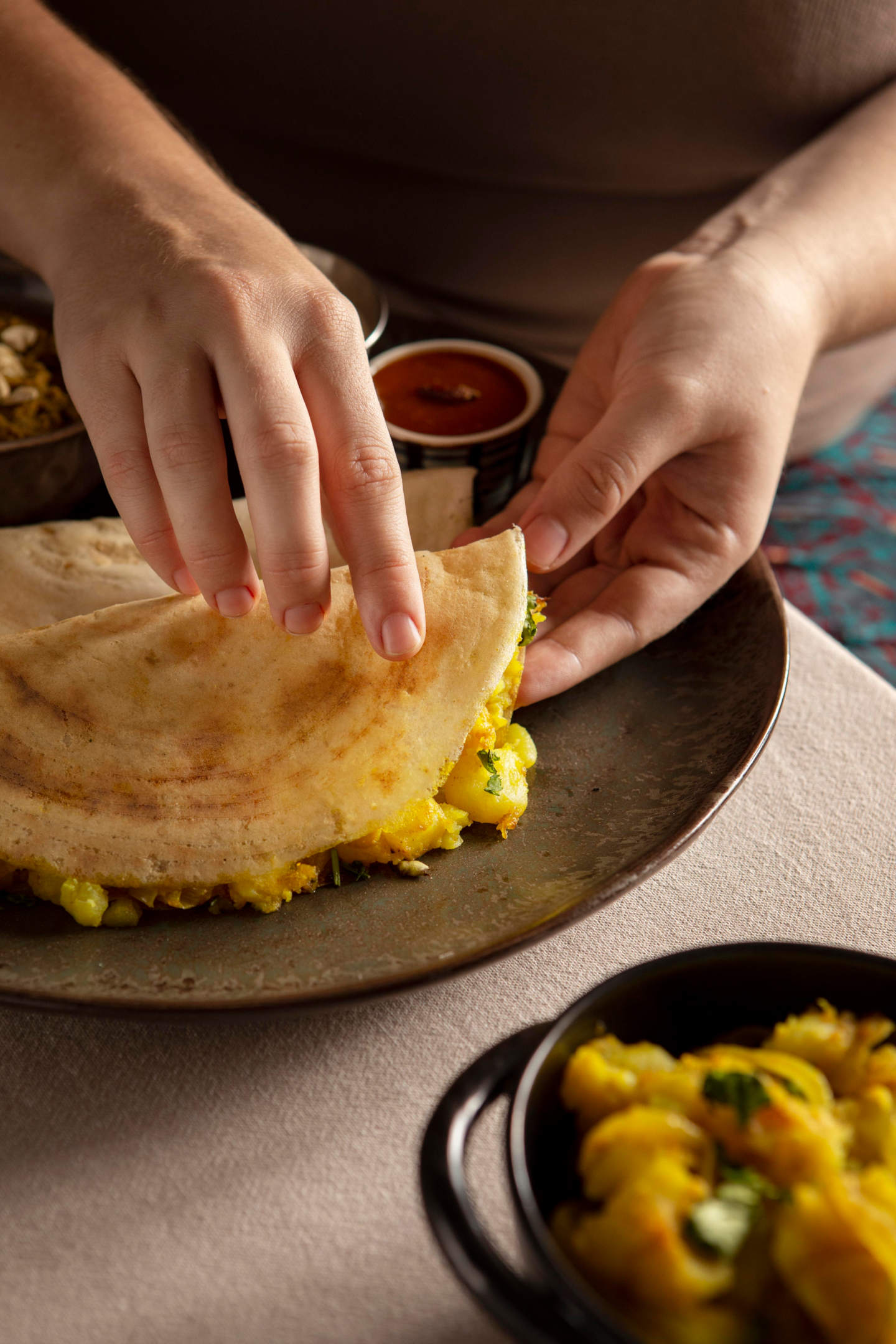
South Indian cuisine is renowned for its diverse array of mouthwatering dishes, each bursting with flavour and spice. Let’s delve into the tantalising world of South Indian delicacies, where every bite is a culinary adventure.
1. Dosa: A beloved South Indian classic, dosa is a thin, crispy pancake made from fermented rice and lentil batter. Served with a variety of chutneys and sambar (a spicy lentil soup), dosa is a versatile dish that can be enjoyed for breakfast, lunch, or dinner. Whether it’s the classic masala dosa filled with spiced potato filling or the tangy tomato dosa bursting with flavour, dosa never fails to delight the taste buds.
2. Curries: South Indian curries are a symphony of spices, herbs, and aromatic flavours that come together to create a culinary masterpiece. From the fiery Chettinad chicken curry to the creamy coconut-based vegetable korma, South Indian curries offer a tantalising blend of heat and sweetness that is sure to leave you craving for more. Each curry is a testament to the rich culinary heritage of South India, with recipes passed down through generations and perfected over time.
3. Spicy Delights: South Indian cuisine is synonymous with bold, spicy flavours that awaken the senses and leave a lasting impression. Whether it’s the fiery tang of rasam, a peppery soup made with tamarind and spices, or the intense heat of a traditional Andhra-style chicken fry, South Indian dishes are guaranteed to set your taste buds on fire. And for those who prefer a milder spice level, there are plenty of options to choose from, including soothing coconut-based curries and mildly spiced vegetable dishes.
With their irresistible blend of deliciousness and spice, South Indian dishes like dosa and curries are sure to tantalise your taste buds and transport you to culinary heaven. So, why wait? Indulge in the fiery flavours of South India and experience a culinary adventure like no other.
South Indian Breakfast Specialties
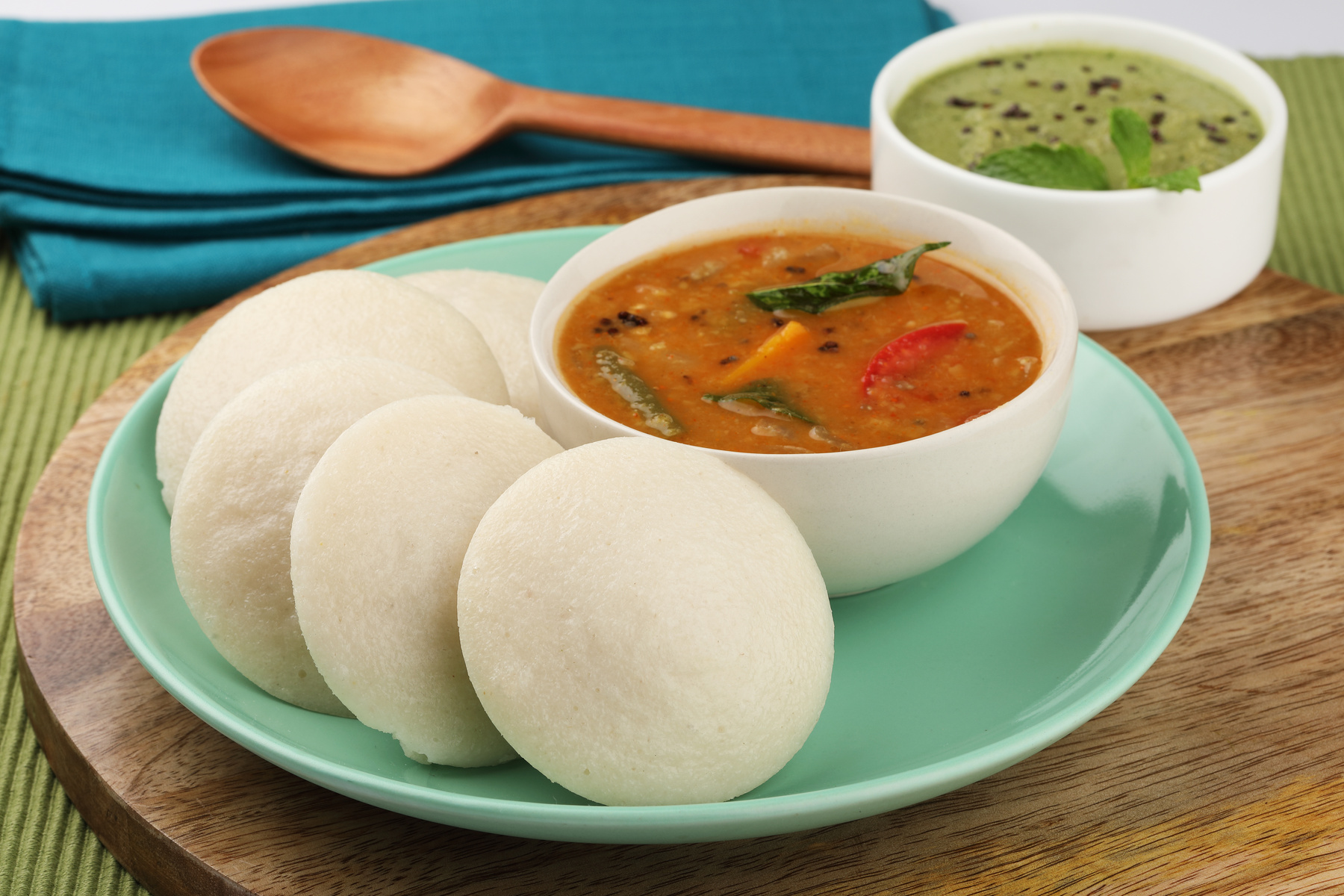
Breakfast in South India is not just a meal but a celebration of flavours, textures, and wholesome goodness. Let’s explore some of the nutritious and delicious breakfast options that grace South Indian tables every morning.
1. Dosa: As the reigning king of South Indian breakfast, dosa takes centre stage with its crispy exterior and soft, fluffy interior. Made from a fermented batter of rice and lentils, dosa is not only light on the stomach but also rich in protein and fibre, making it a nutritious way to kickstart your day. Whether served plain with a side of coconut chutney or stuffed with a spicy potato filling, dosa is a breakfast favourite that never disappoints.
2. Lentil-based Dishes: Lentils are a cornerstone of South Indian cuisine, and they shine brightly in a variety of breakfast dishes. From comforting lentil soups like sambar to hearty lentil pancakes known as adai, lentils add a hearty dose of protein, fibre, and essential nutrients to breakfast. These dishes are not only filling and satisfying but also provide sustained energy to keep you going throughout the day.
3. Idli: Soft, fluffy, and steamed to perfection, idli is another breakfast staple that embodies the essence of South Indian cooking. Made from a fermented batter of rice and lentils, idli is light, easily digestible, and packed with nutrition. Whether enjoyed with a spicy tomato chutney or dunked in piping hot sambar, idli is a versatile dish that appeals to all palates.
With their nutritious ingredients and tantalising flavours, South Indian breakfast specialties like dosa and lentil-based dishes are the perfect way to start your day on a delicious and healthy note. So, why settle for a bland breakfast when you can indulge in the vibrant and wholesome goodness of South Indian cuisine?
Role of Coconut Oil
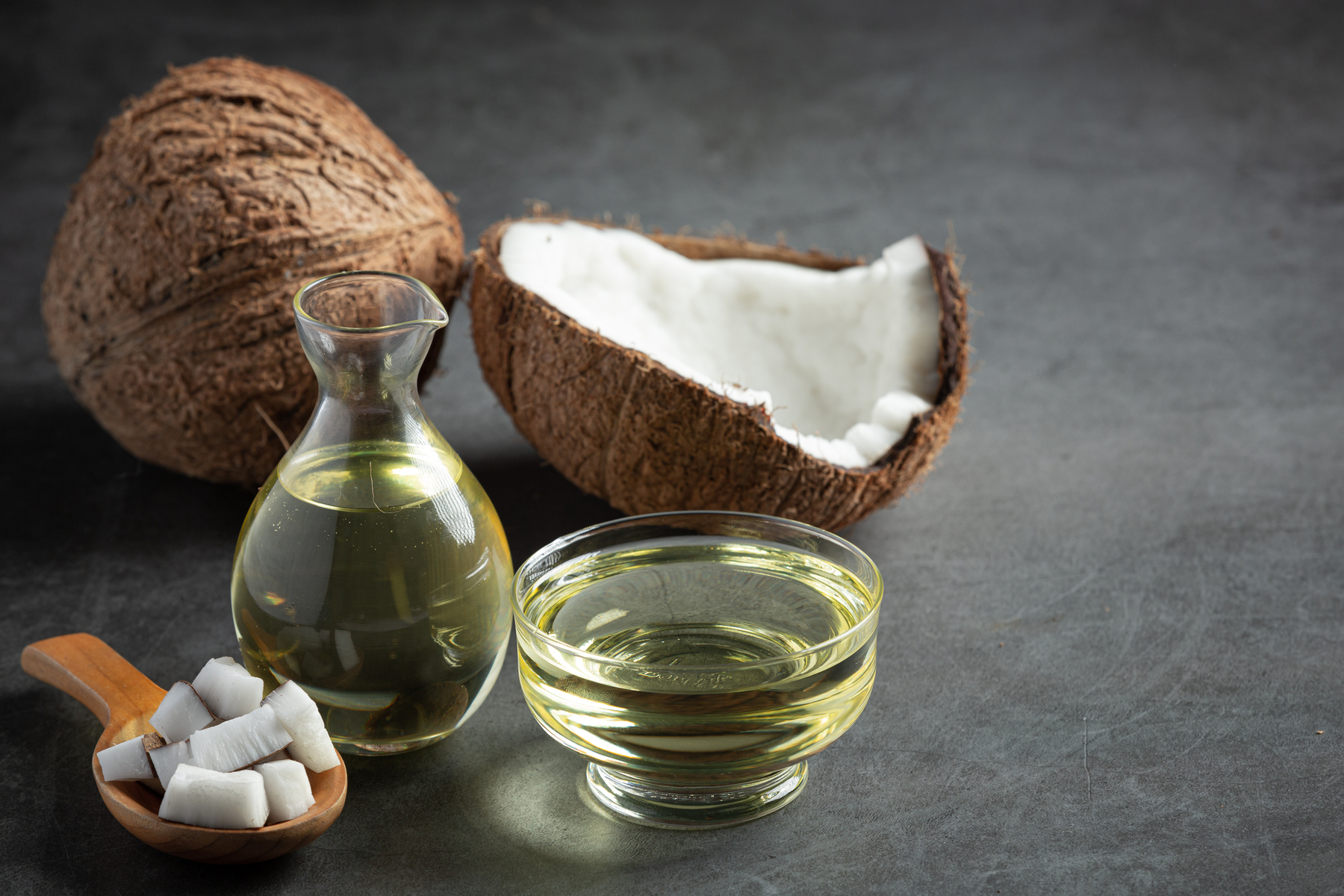
Coconut oil holds a cherished place in South Indian cooking, not just for its rich flavour but also for its numerous health benefits. Let’s uncover why coconut oil is considered a prized ingredient in South Indian cuisine.
1. Heart Health: Despite its high saturated fat content, coconut oil has been shown to have beneficial effects on heart health. The unique combination of fatty acids in coconut oil, including lauric acid, may raise HDL (good) cholesterol levels and improve the ratio of HDL to LDL (bad) cholesterol, thus reducing the risk of heart disease. Additionally, coconut oil contains antioxidants that may protect against oxidative stress and inflammation, further supporting cardiovascular health.
2. Boosted Metabolism: Coconut oil is rich in medium-chain triglycerides (MCTs), a type of fat that is metabolized differently than long-chain triglycerides found in other oils. MCTs are rapidly absorbed and converted into energy by the liver, leading to a temporary increase in metabolism and potentially aiding in weight management. Incorporating coconut oil into your diet may help boost energy levels and promote fat burning, making it a valuable addition to South Indian cooking.
3. Antimicrobial Properties: Lauric acid, a predominant fatty acid in coconut oil, exhibits potent antimicrobial properties that can help combat harmful bacteria, viruses, and fungi. This makes coconut oil not only a versatile cooking ingredient but also a natural remedy for various infections and ailments. In South Indian cuisine, coconut oil is often used in dishes like curries, chutneys, and stir-fries, imparting a distinctive flavour and aroma while also offering antimicrobial benefits.
By embracing the use of coconut oil in South Indian cooking, you not only elevate the taste and aroma of your dishes but also enhance their nutritional value and promote overall well-being. So, the next time you reach for a bottle of oil, consider the many health benefits of coconut oil and indulge in the rich flavours of South Indian cuisine.
Prioritizing Health and Well-being
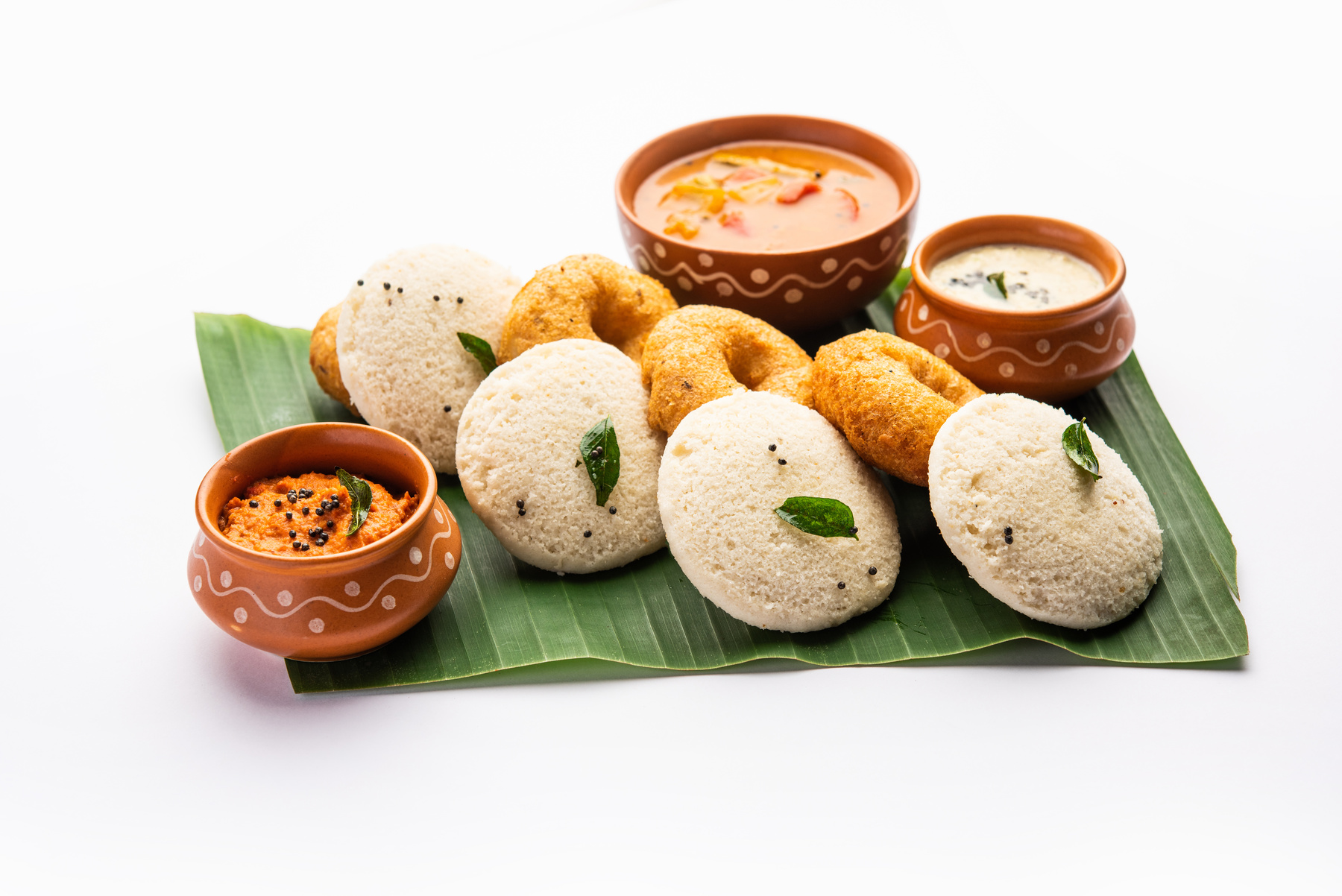
In the hustle and bustle of modern life, it’s easy to overlook the importance of prioritizing our health. Yet, in the realm of South Indian cuisine, every bite is not just a treat for the taste buds but also a step towards enhancing our well-being. Let’s delve into how South Indian cuisine intertwines culinary delight with health benefits, making it a wise choice for those seeking nourishment and vitality.
1. Nutrient-Rich Ingredients: South Indian dishes are crafted from an array of wholesome ingredients, such as lentils, vegetables, and spices, each offering a wealth of essential nutrients. From protein-packed lentils to antioxidant-rich spices like turmeric and cumin, every component of a South Indian meal contributes to our nutritional needs, supporting overall health and vitality.
2. Balanced Eating: South Indian cuisine emphasises a balanced approach to eating, incorporating a variety of food groups to ensure a well-rounded diet. Dishes are often accompanied by sides like chutneys and salads, providing a diverse range of flavours and textures while promoting satiety and satisfaction. By embracing the principles of balanced eating, South Indian cuisine encourages us to nourish our bodies with wholesome, nutrient-dense foods that fuel our daily activities and promote long-term health.
3. Mindful Cooking Practices: Traditional cooking methods in South Indian cuisine, such as fermentation and tempering with spices, not only enhance the taste and aroma of dishes but also maximize their nutritional value. Fermentation, for instance, increases the bioavailability of nutrients in foods, while spices like turmeric and ginger possess anti-inflammatory properties that support immune function and reduce the risk of chronic disease. By embracing these mindful cooking practices, South Indian cuisine ensures that every meal is a nourishing and healing experience for both body and soul.
In a world where fast food and convenience often take precedence, South Indian cuisine stands as a beacon of health and wellness, reminding us to savour the goodness of nature’s bounty and prioritise our well-being. So, let’s embrace the nourishing treasures of South Indian cuisine and embark on a journey towards vibrant health and vitality.
Exploring Raj’s Corner – A Culinary Journey

Embark on a culinary adventure at Raj’s Corner, where the best of South Indian cuisine meets the warmth of North Indian flavours. Situated in the heart of the vibrant city, Raj’s Corner is more than just a restaurant; it’s a destination where food enthusiasts come to indulge their taste buds and experience the rich tapestry of Indian culinary traditions.
At Raj’s Corner, every dish tells a story, crafted with love and care using the finest ingredients and authentic recipes passed down through generations. Whether you’re craving the crispy perfection of a dosa or the aromatic richness of a North Indian curry, you’ll find a feast for the senses that delights and satisfies. So whether you’re looking for the best dosa near me or an indian restaurant that serves authentic indian food, Raj’s Corner is the place to go.
But Raj’s Corner is more than just great food; it’s a place of hospitality and community, where friendly staff welcome you with open arms and a smile. The inviting ambience and welcoming atmosphere make every visit to Raj’s Corner a memorable experience, whether you’re dining with family, and friends, or flying solo.
So, whether you’re a die-hard fan of South Indian cuisine or eager to explore the diverse flavours of India, make your next culinary stop at Raj’s Corner. Indulge in the best of both worlds, savouring the authentic tastes of South and North Indian cuisine in every bite. Your taste buds will thank you, and you’ll leave with a belly full of delicious memories to cherish.
Conclusion:
In conclusion, South Indian cuisine is not just about delicious flavours and culinary delights; it’s a celebration of health, wellness, and tradition. With its emphasis on nutrient-rich ingredients, balanced eating, and mindful cooking practices, South Indian cuisine offers a treasure trove of benefits for both body and soul.
From the vibrant spices and aromatic curries to the comforting dosas and nourishing lentil-based dishes, every bite of South Indian foods are testament to its richness and diversity. With its inherent ability to support heart health, boost metabolism, and reduce inflammation, South Indian cuisine truly stands out as a culinary gem that nourishes and sustains us from the inside out.
As we bid farewell to this culinary journey, let us not forget to embrace the richness of South Indian cuisine and its contribution to our overall health and wellness. So, whether you’re a seasoned food enthusiast or a curious newcomer, I encourage you to explore and indulge in the flavoursome delights of South Indian cuisine. Your taste buds will thank you, and your body will rejoice in the nourishment and vitality that this vibrant cuisine has to offer. Cheers to good health and happy eating!

